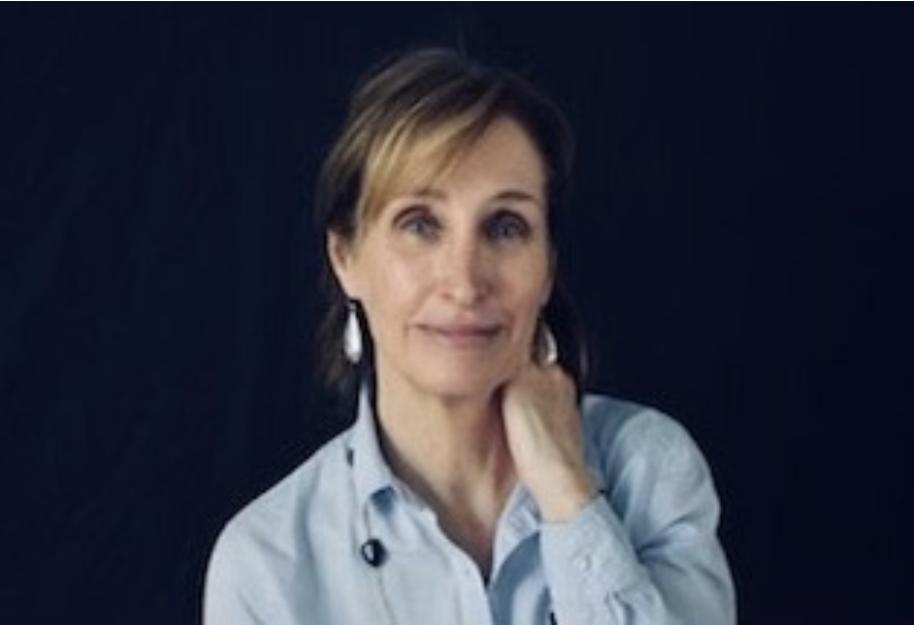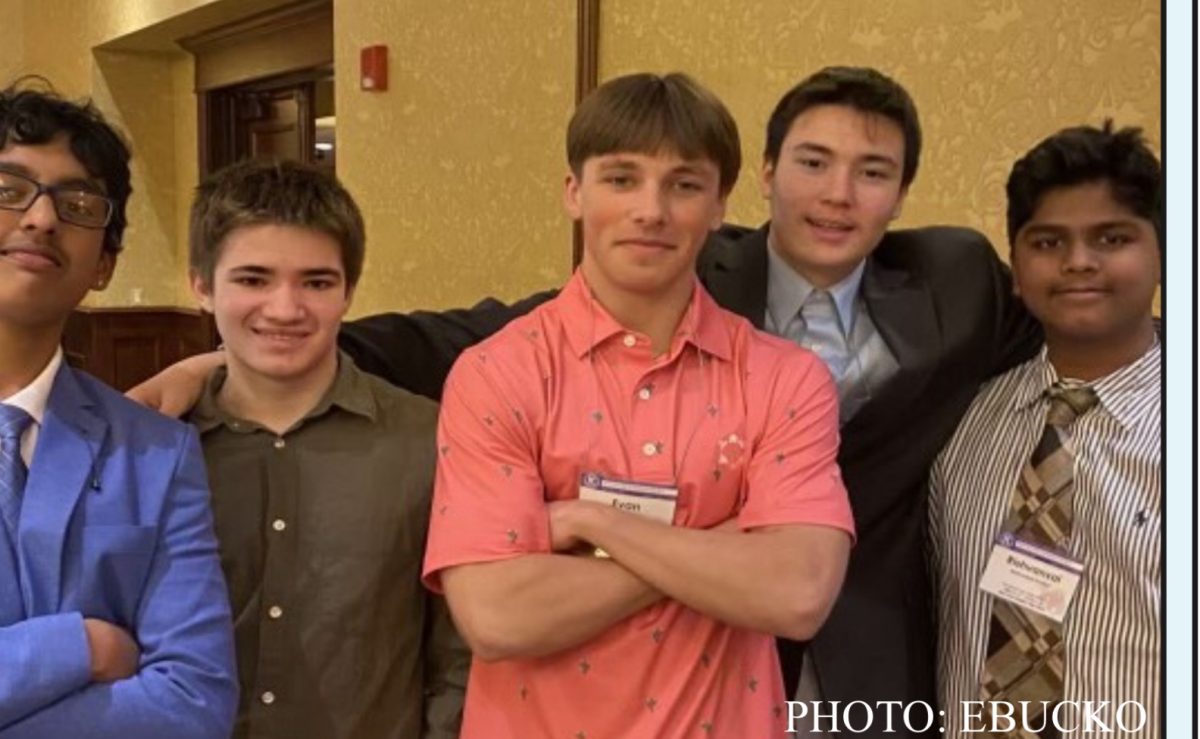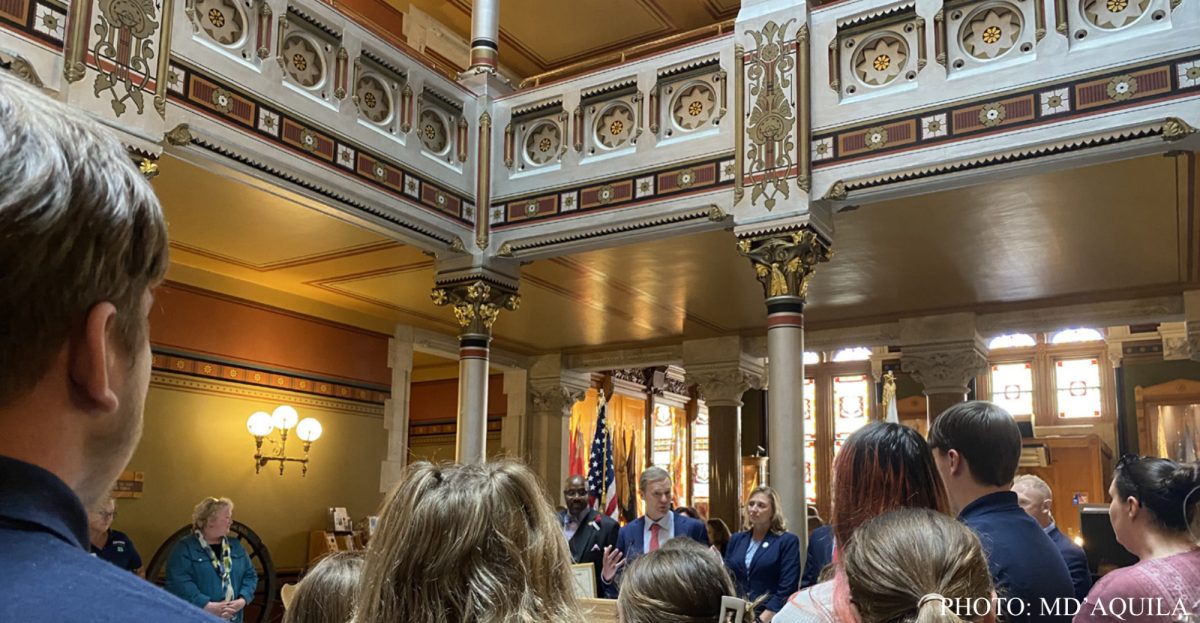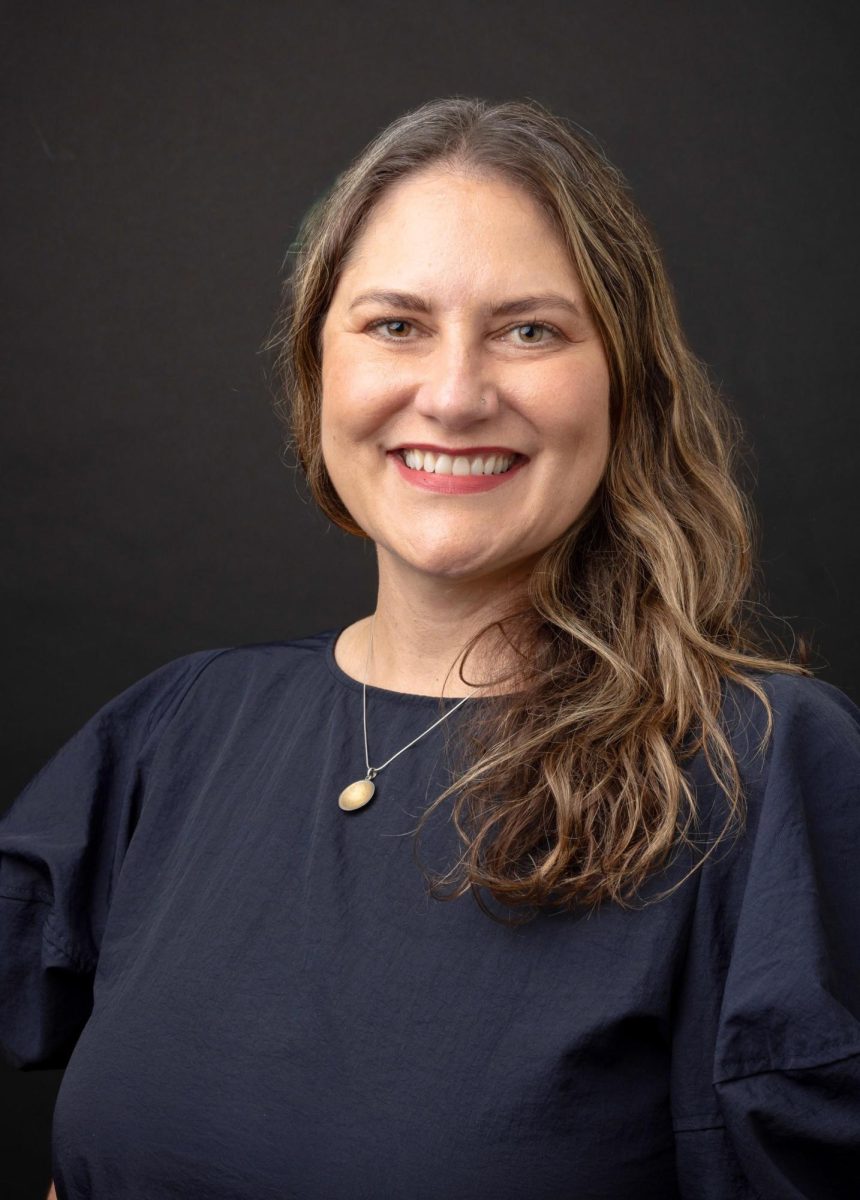Jane Gordon Julien is a career journalist who currently works as a freelance writer. She worked at the Hartford Courant for 12 years and was a regular contributor to the New York Times.
INTERVIEW BY: NOELLE AVENA
Viking Saga: Describe the very beginning of your career.

Jane Gordon Julien: I was not well off. I was one of six children, and my mother was very traditional and felt that her daughters would just become wives and not need an education. I was the third of three girls, and I really fought that idea, so I paid for school and I tried to be as practical as possible, but I wanted to be a journalist, so I went to journalism school undergrad. I wouldn’t recommend that. I grew up in New York and went to college in the Midwest, and it was fabulous, and it was a great exercise for me as someone who had to pay for her own education. When I first started out, I came out of journalism school, and I went back to live with my parents in New York. We were in a recession at that point, and I didn’t have a job. I think I started looking for a job when I was in New York. I took some temporary positions in Manhattan, but nothing that I was interested in. I had fallen in with a group of young journalists when I was in school, and one of my close friends had taken a job at a small newspaper in New Jersey. She called me five months after we graduated and said, “I found a job for you, as a writer at a
newspaper, so pack up now and come out Monday. I told them that you’re wonderful.” That lesson is networking. We stuck together because we were all strong writers, and it made a huge difference for me.
VS: How would you recommend someone goes about entering the journalism industry?
JGJ: I think if you really want to be a journalist in today’s marketplace, the thing to do is to get a history degree, and then, if you can, get a graduate degree from someplace like Columbia. If you do, you’re going to come out with offers. Having writing skills is huge. There are so many people today who don’t have them. Especially since you’re in New York, which is the publishing capital, and has viable newspapers today when there are many cities that have none. Once you land that first job, you’ve got it on your resume. Once you get experience, really hang your hat
on that. People want you. And if you don’t have a job offer at that point it doesn’t mean they don’t want you, it
just means they don’t have a job opening at that point. Don’t sell yourself short.
VS: With such a busy career, how did you handle the stress?
JGJ: I had alternating moments of incredible anxiety and real highs of people saying, “This story is terrifically
done.” Not to say we live for praise, but that’s what we live for. We live for somebody recognizing how hard we worked and that there’s a certain skill level and a certain amount of talent that went into it. I kind of did kill myself on most stories that I wrote, but some came to me more easily than others. When I developed some trustworthy
relationships with some editors, it made it easier. Not every editor I had was a good one, either. There were some awful editors at the Times. I was like, “How did you even get this job?” But there were some very, very good editors who taught me a lot and held me up.
VS: At that point in time, any women in the workplace struggled to get their voices heard. Did you struggle with people taking you seriously, early on in your career?
JGJ: When I worked in the Midwest and the South, people took me seriously. I was from New York, and I think people were kind of scared of me. When I got to Hartford, it was a different mentality, and I was very surprised. It was very New England, it was patriarchal, it was not what I expected. I expected a more broad and expansive type of thinking, but I got a narrower type of thinking. One of the things that I had to learn the hard way is that you can never go in with expectations, only intention, because you never know what you’re going to find.
VS: Was there a way that you learned how to use your personal traits and demeanor to help you with reporting?
JGJ: I grew up in a big family, and I see myself as an introvert, but I would have gotten run over with a bus in my family as an introvert. All of us needed outgoing personalities. There was a column in the Times where you interview a bride and groom which I used to do, and the editor had these standards where you must interview all the families, all the friends, and really needed everything there was to know about them. I think that this is true about any reporter that they are going to bring the strengths of their personality, whatever that might be, whether it’s an intellectuality, whether it’s trustworthiness. I’m outgoing, so I would get people to tell me things. I would keep saying to them, “I’m a reporter, writing for the New York Times! You don’t want this in the paper!” But after a while, I was like, I already identified myself as a reporter, so I kept it in. With that, all kinds of stuff went in the paper.








